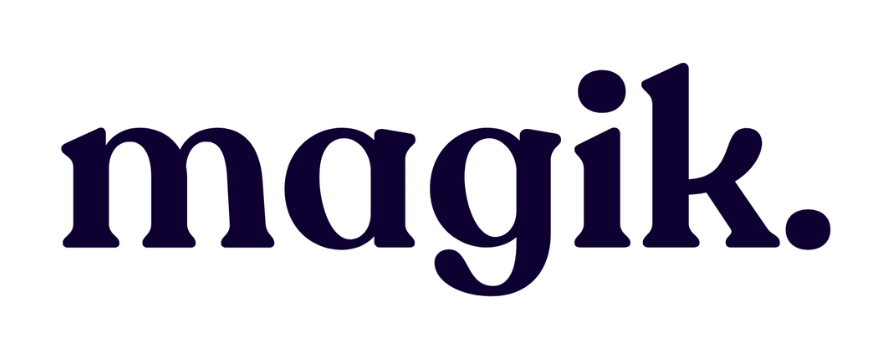In 2025, the landscape of data privacy has evolved significantly, with new regulations coming into effect and a heightened emphasis on building consumer trust. Businesses must navigate these changes adeptly to ensure compliance and foster strong relationships with their customers.
Emerging Data Privacy Regulations, Several U.S. states have introduced comprehensive privacy laws that took effect in 2025:
- Delaware, Iowa, Nebraska, and New Hampshire: Enacted laws on January 1, 2025, granting consumers enhanced rights over their personal data.
- New Jersey: Implemented its data privacy law on January 15, 2025, aligning with broader trends to empower consumers regarding their personal information.
Additionally, Minnesota and Tennessee have laws slated to become effective in July 2025, and Maryland’s Online Data Protection Act is set for October 1, 2025. These regulations collectively emphasize transparency, consumer consent, and robust data protection measures.
Globally, the focus on data privacy has intensified, particularly concerning emerging technologies:
- Artificial Intelligence (AI): As AI becomes more integrated into daily life, concerns about how these systems access and use personal data have grown. Users increasingly rely on AI for decision-making, necessitating stringent data protection measures.
- Children’s Data: Regulatory bodies, such as the UK’s Information Commissioner’s Office (ICO), are scrutinizing platforms like TikTok and Reddit for their handling of children’s personal information, reflecting a global trend toward safeguarding minors online.
Strategies for Building Consumer Trust
To navigate this complex environment and build trust, businesses should adopt privacy-first strategies:
- Transparency: Clearly communicate data collection practices and purposes to consumers. Avoid legal jargon and present privacy policies in accessible language.
- Informed Consent: Ensure that consumers provide explicit consent before collecting their data, aligning with global standards like the GDPR.
- Robust Security Measures: Invest in advanced security protocols to protect consumer data from breaches, thereby reinforcing trust.
- Customer-Centric Approach: Prioritize data protection as a core aspect of the customer experience, which can serve as a competitive advantage.

Conclusion
As data privacy regulations continue to evolve in 2025, businesses must proactively adapt to maintain compliance and build consumer trust. By implementing transparent practices, securing informed consent, and safeguarding personal information, companies can strengthen their relationships with customers and navigate the complexities of the modern data privacy landscape.





